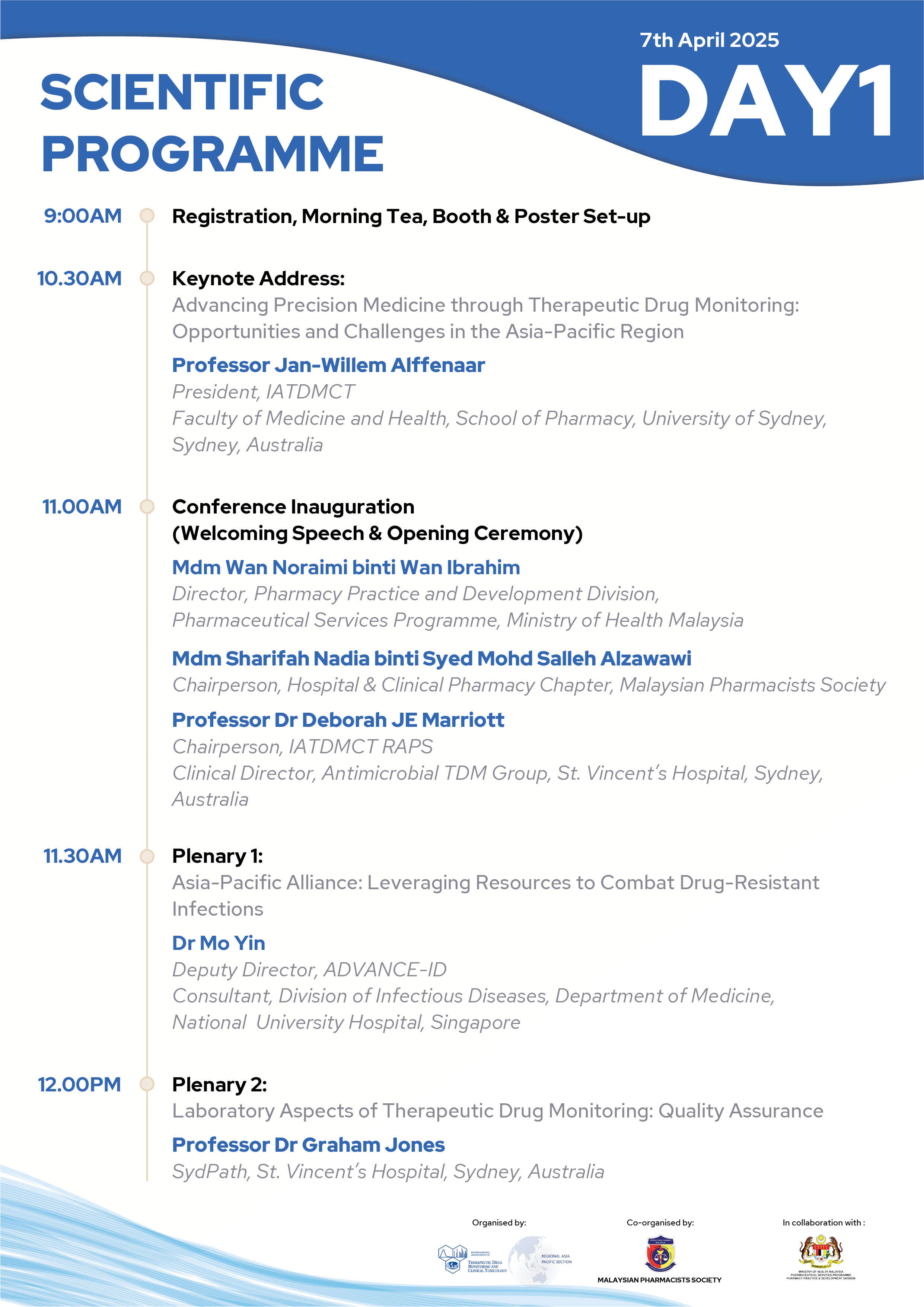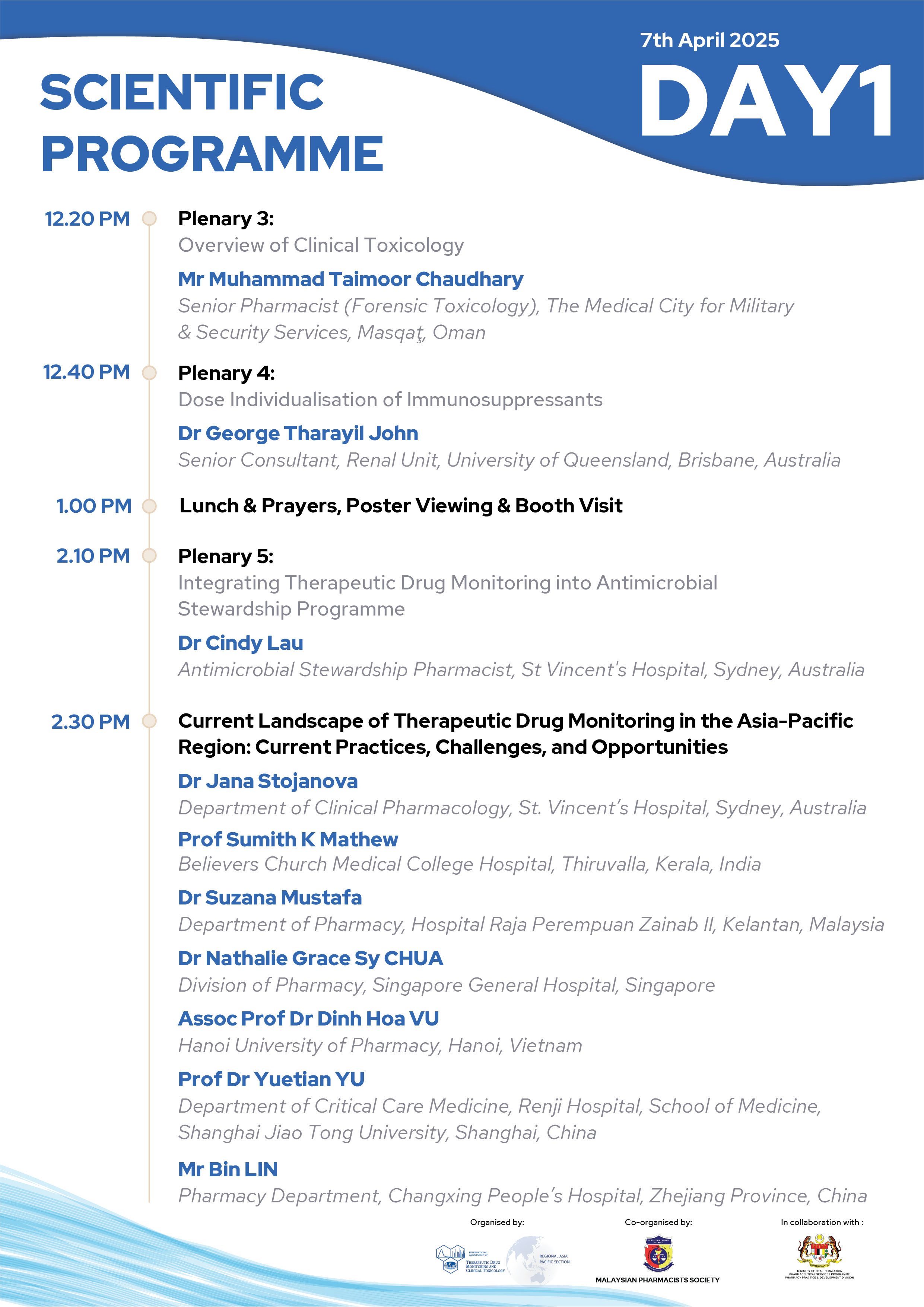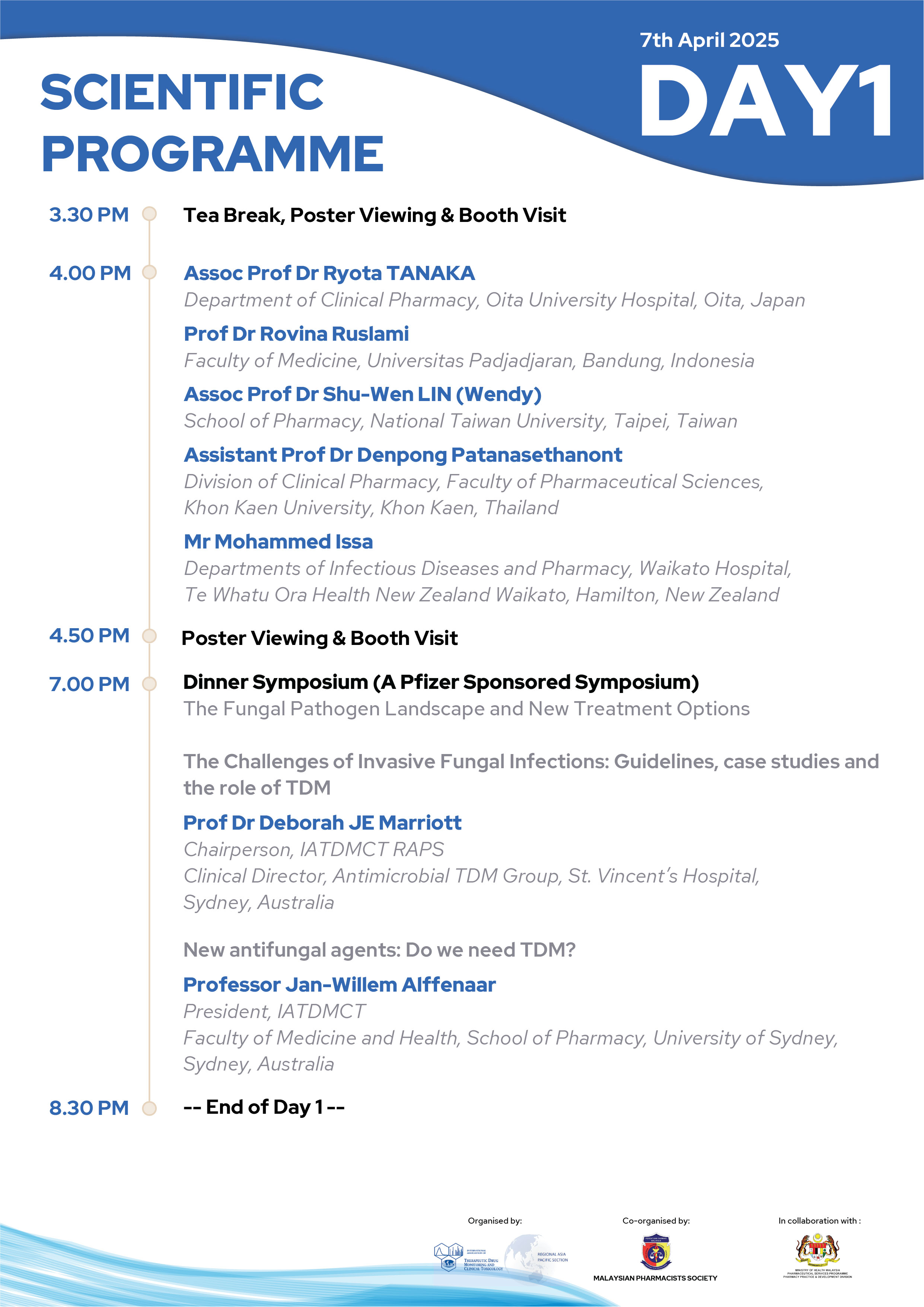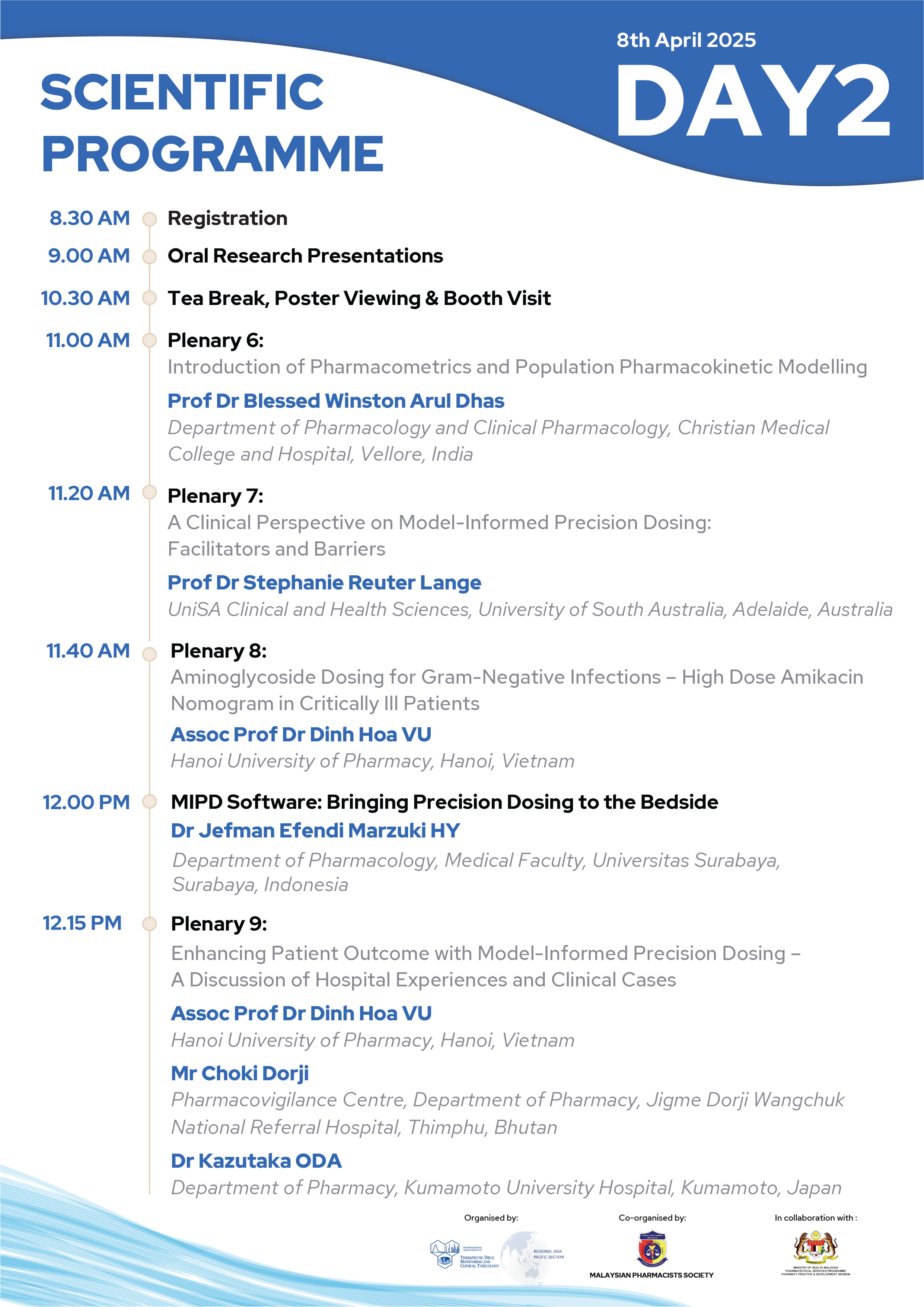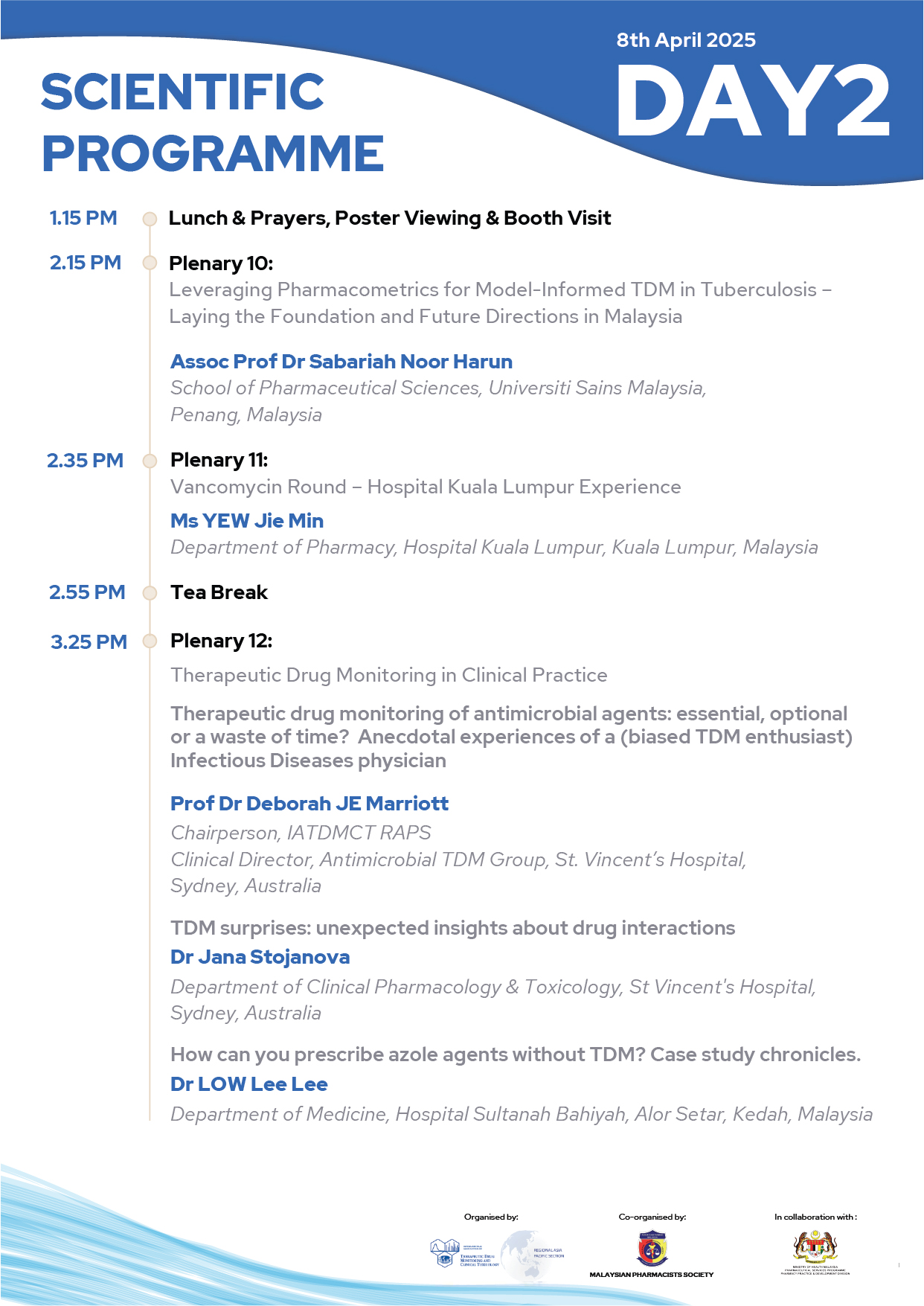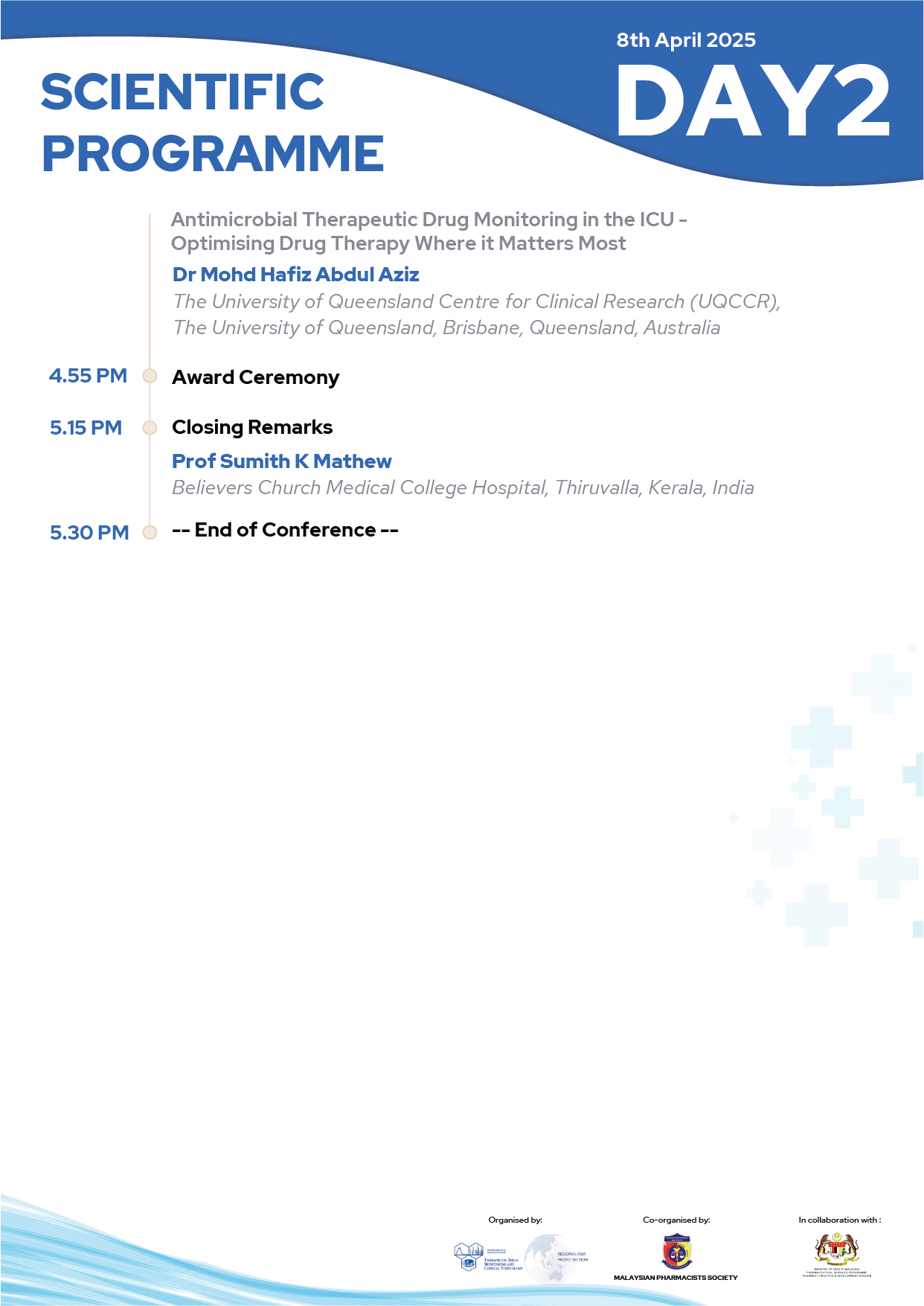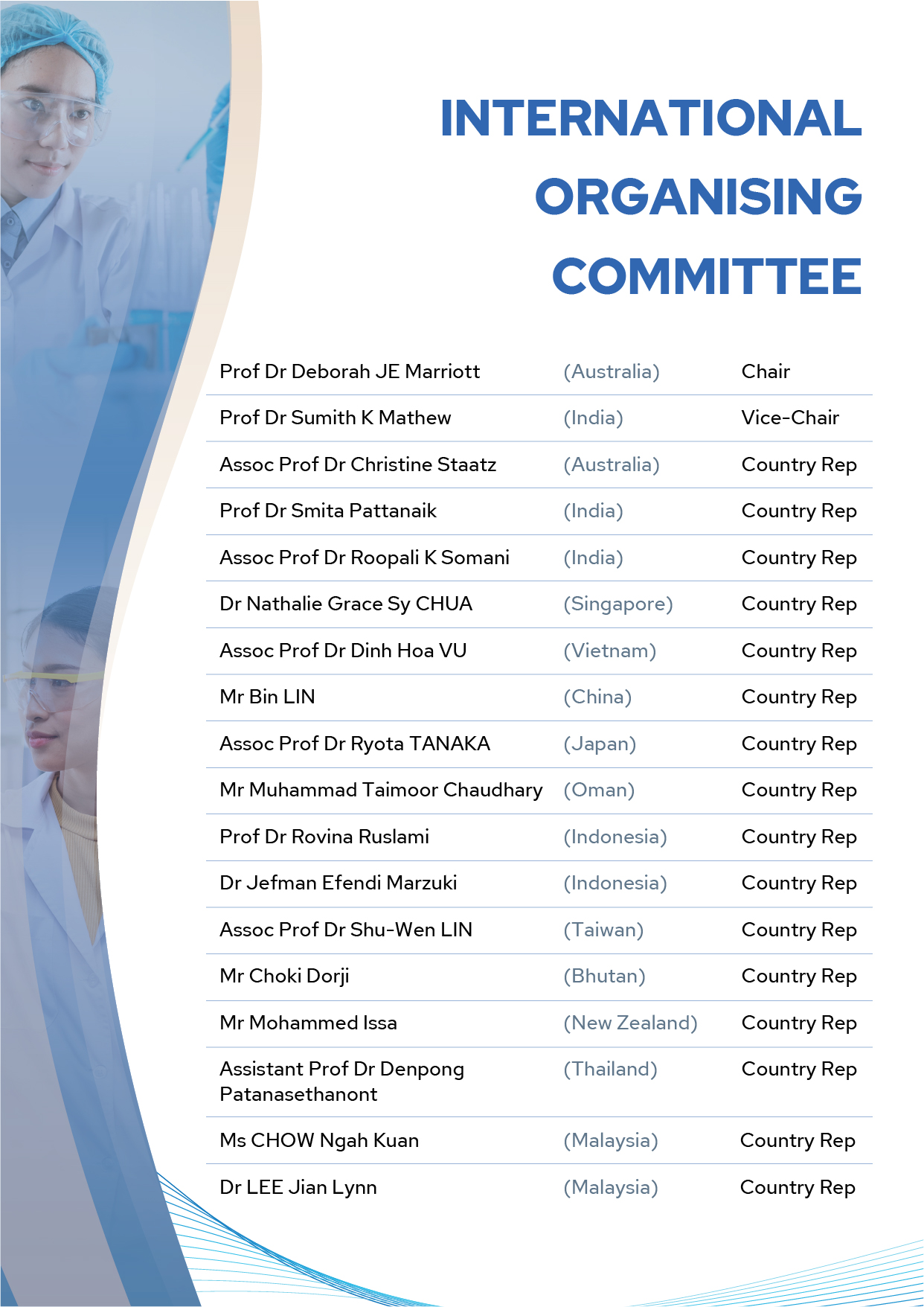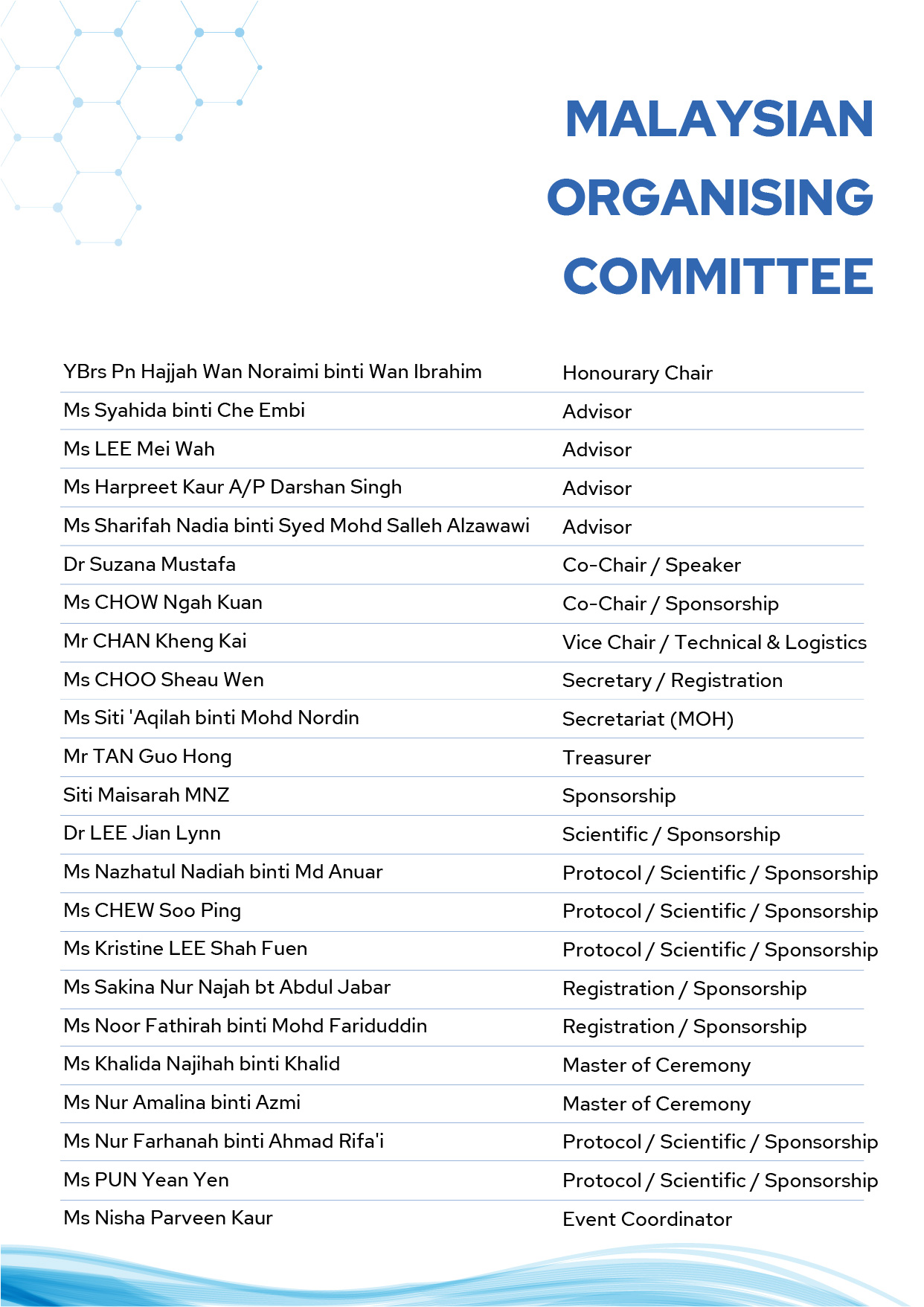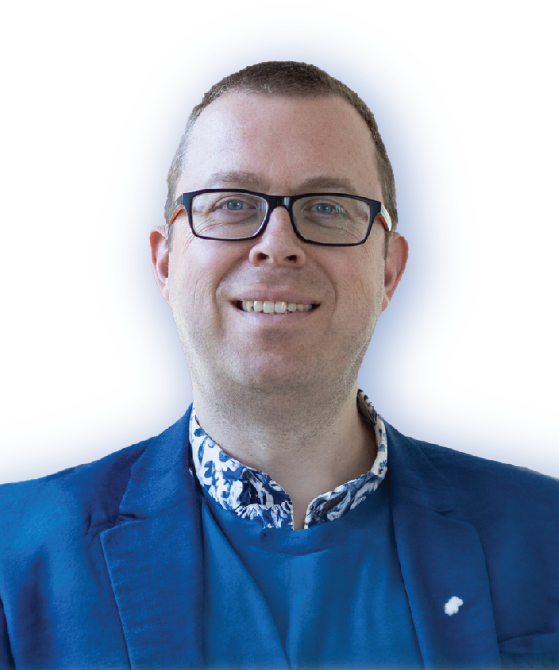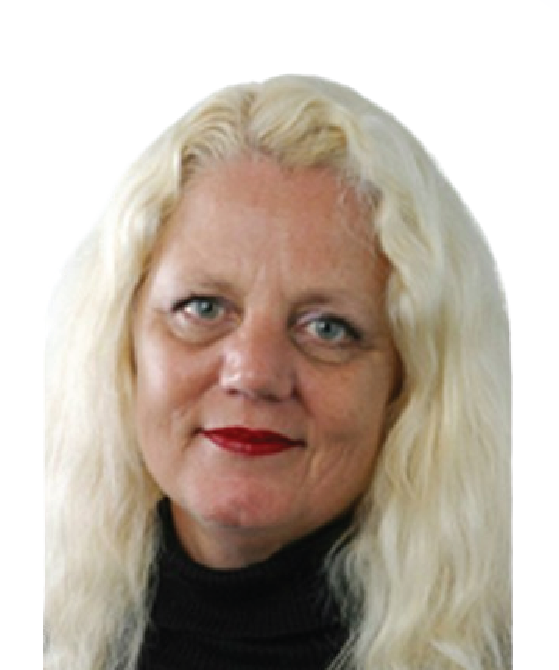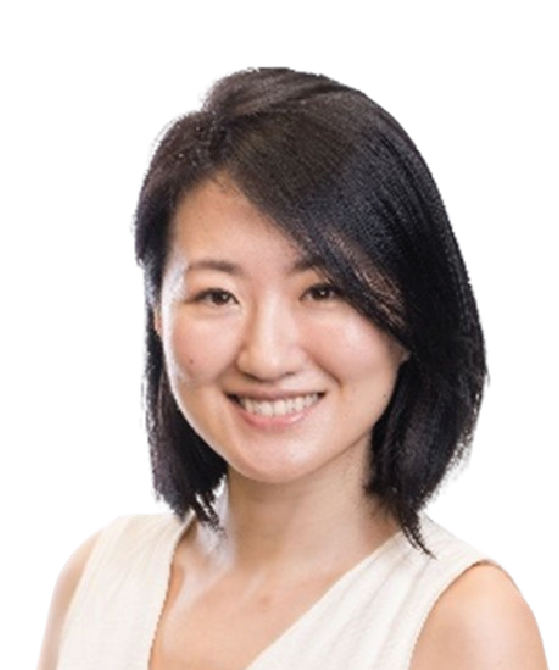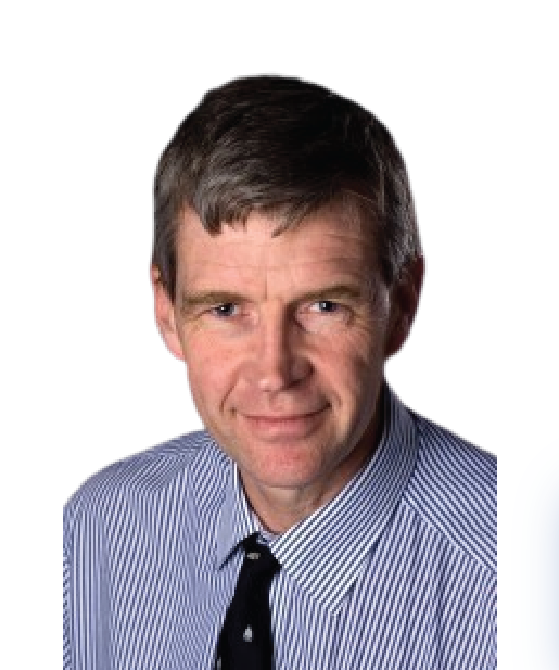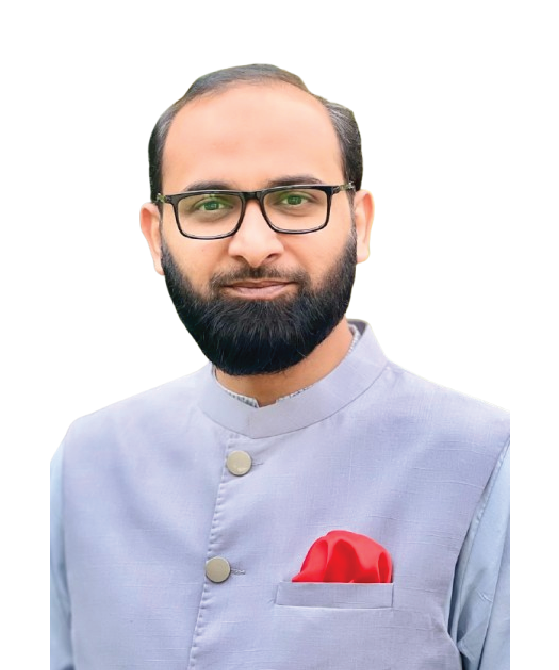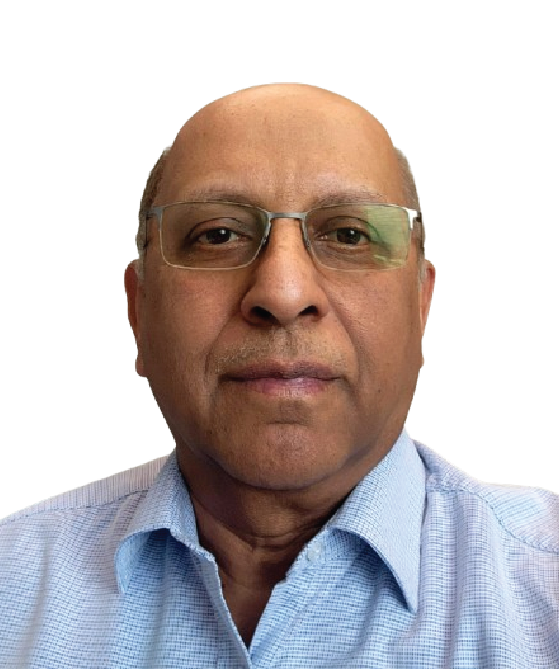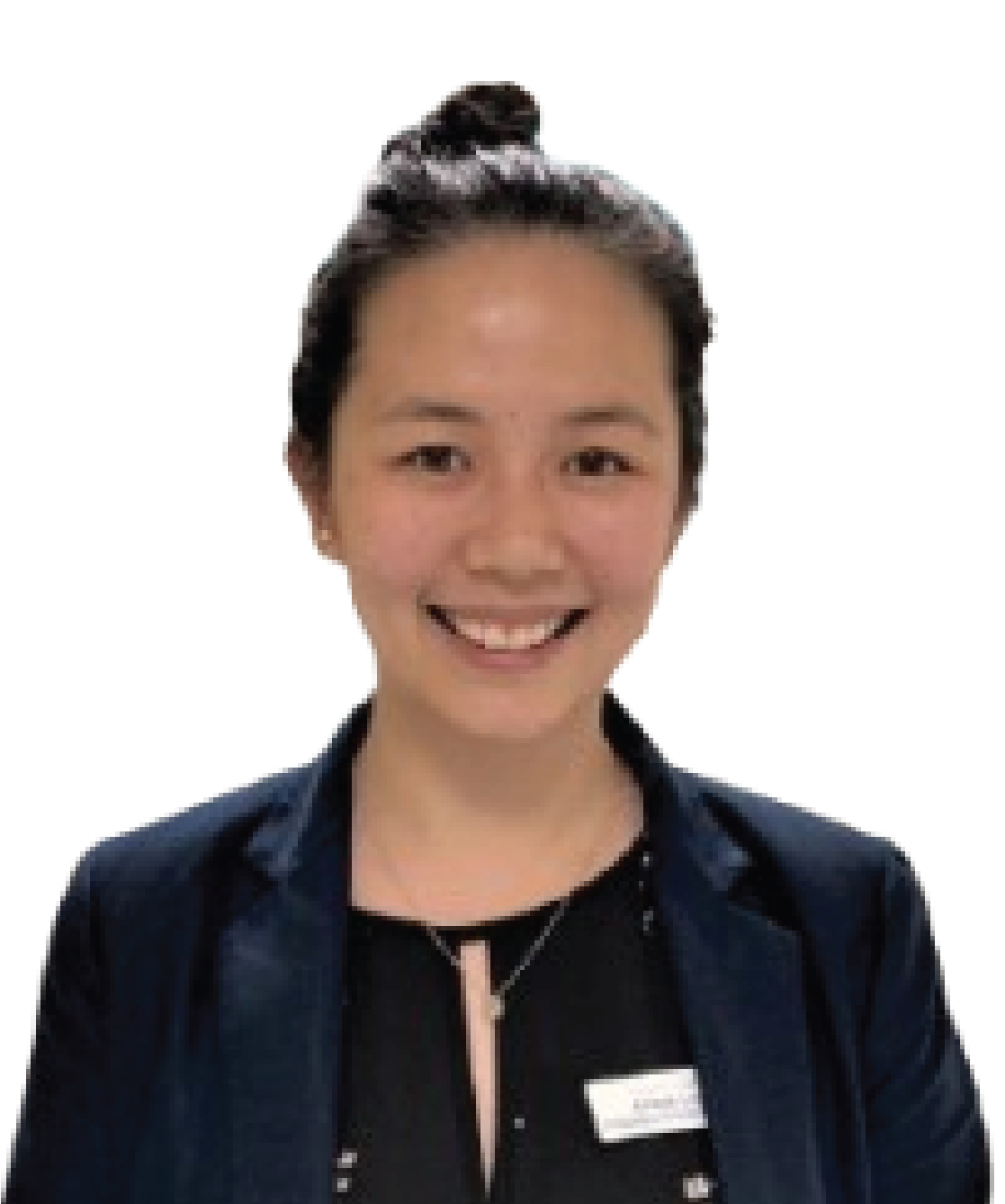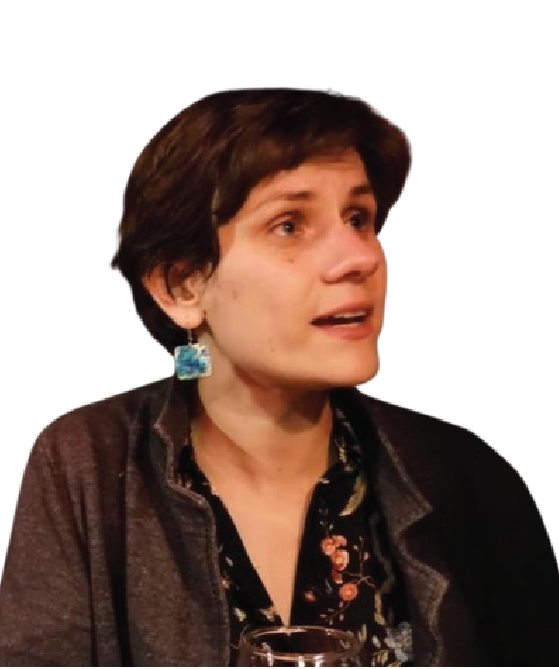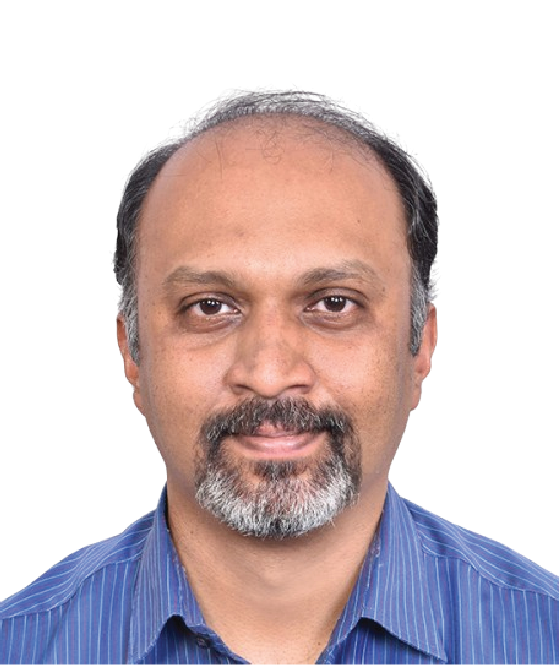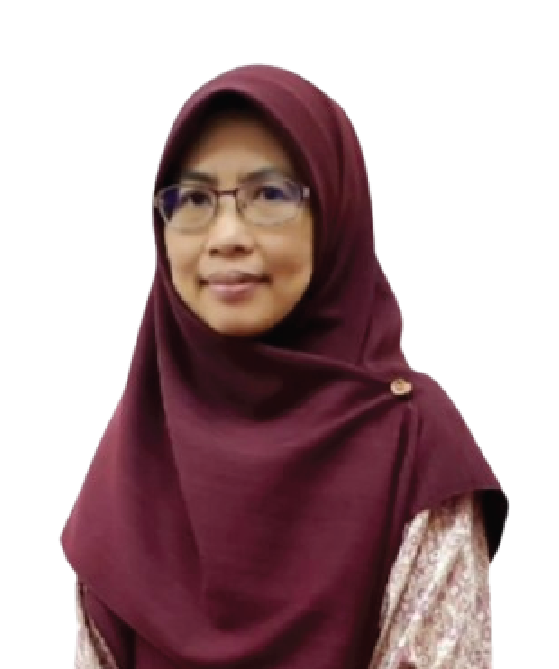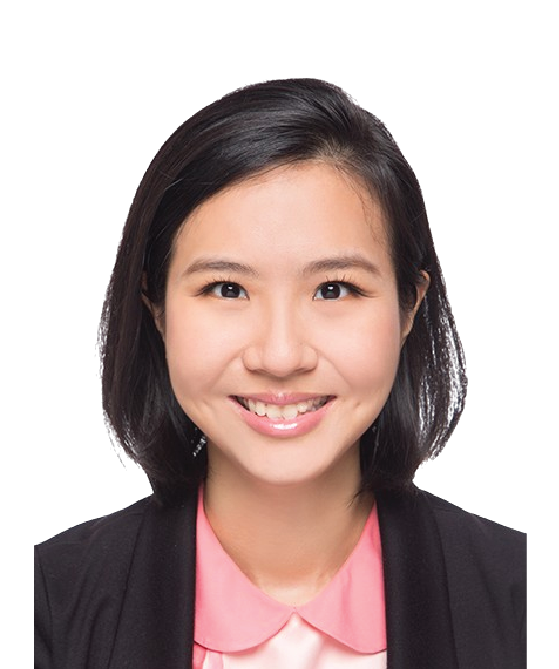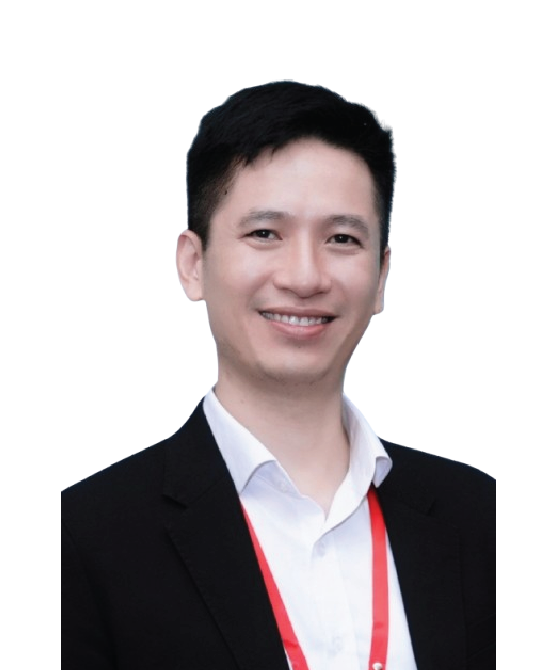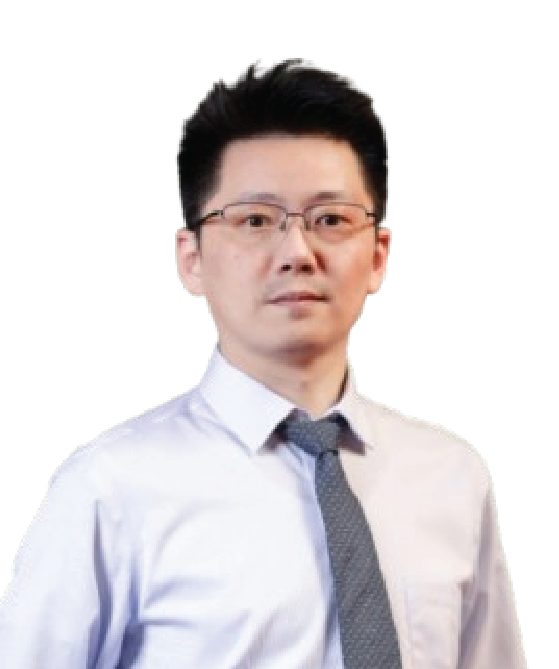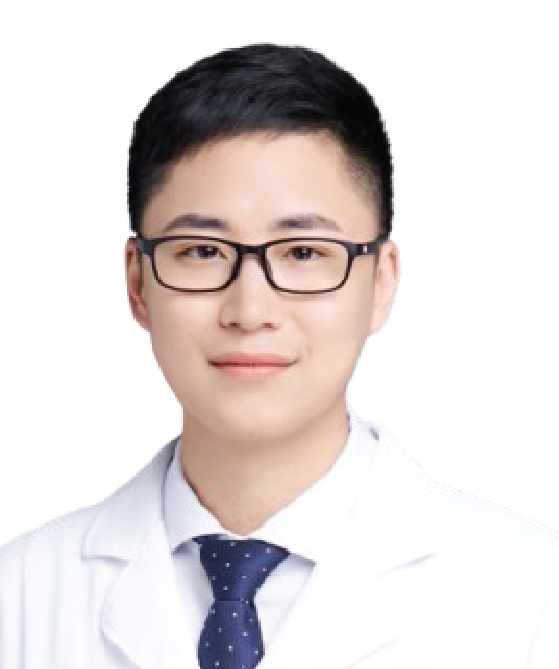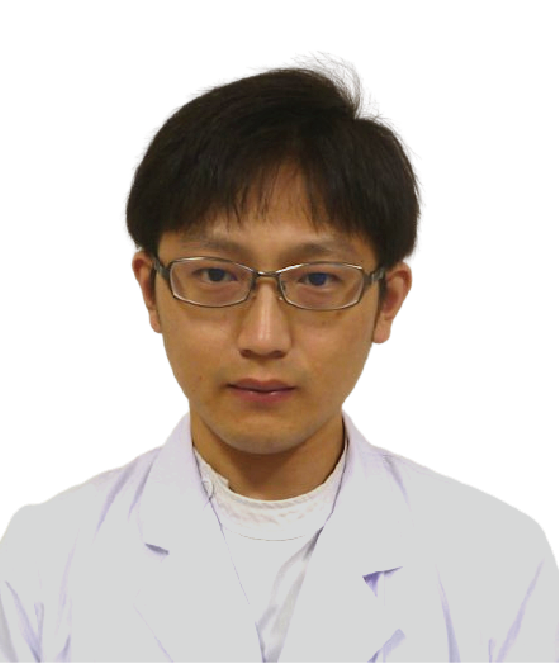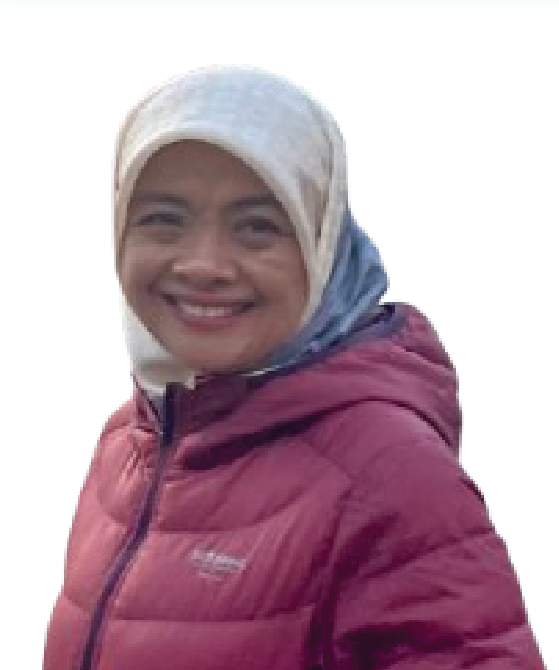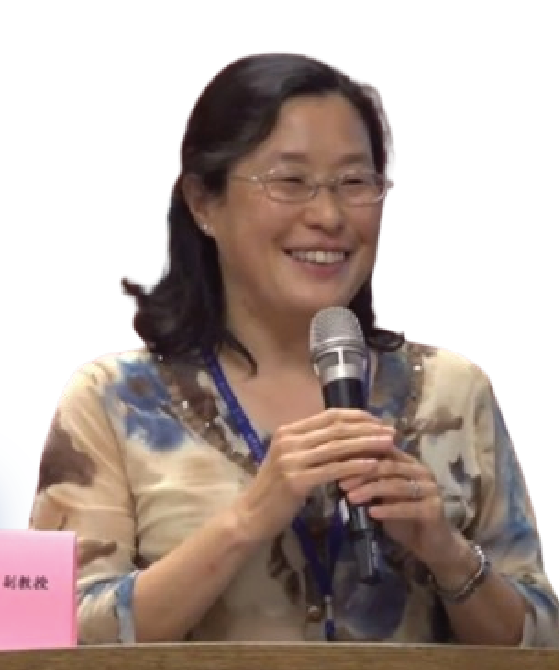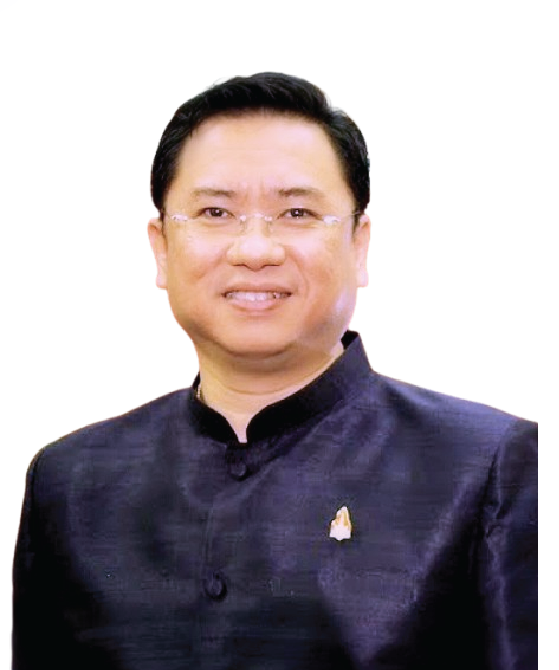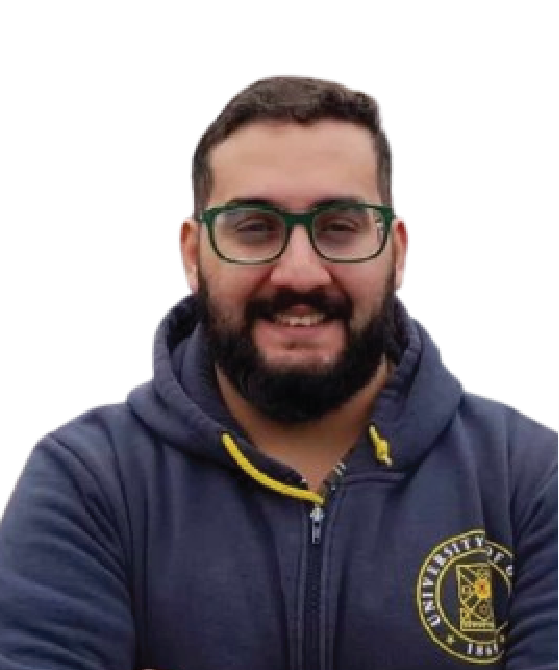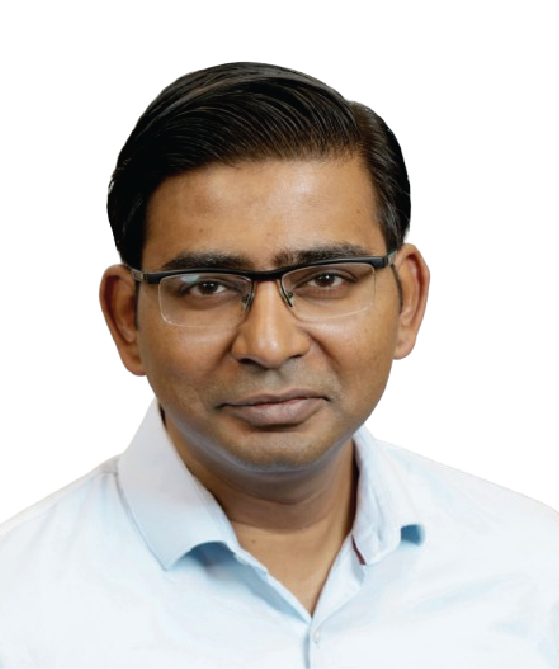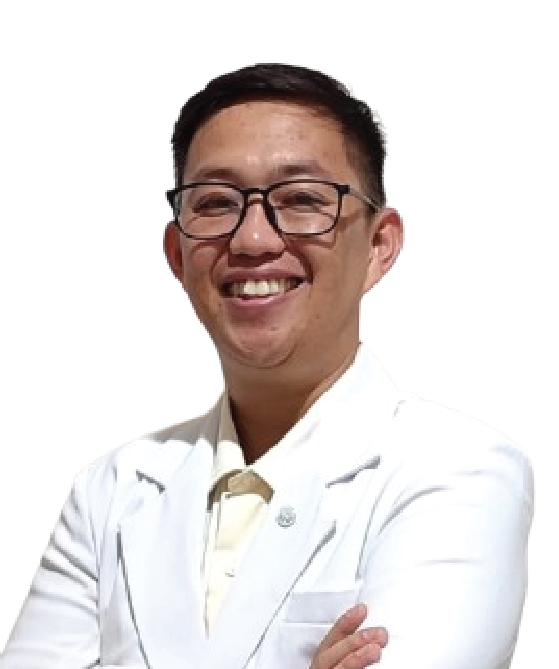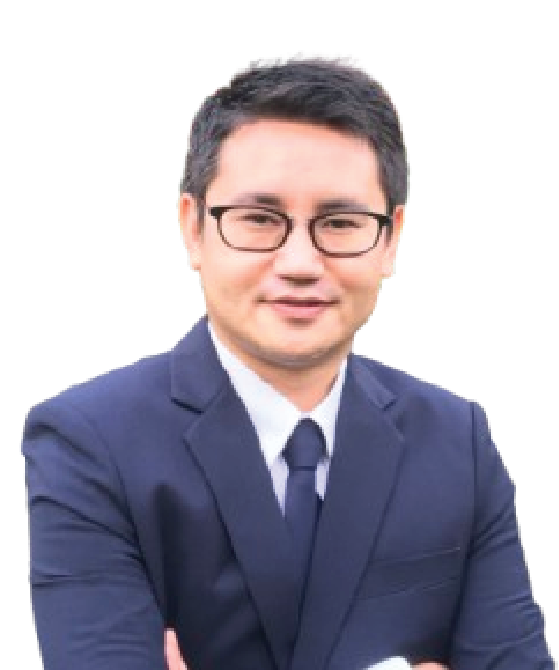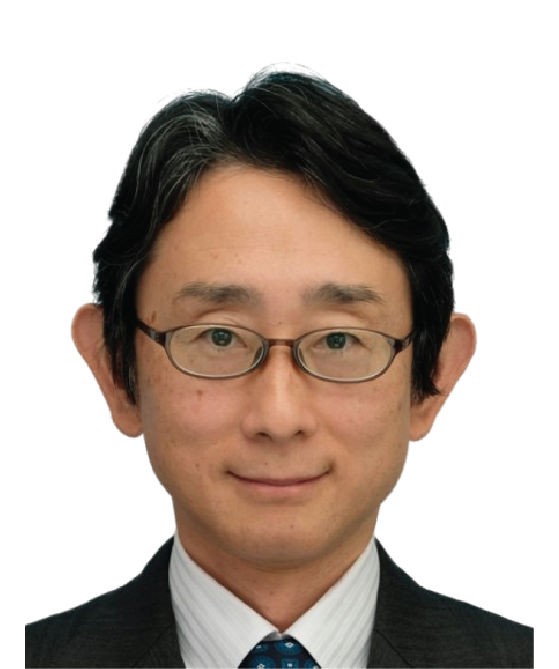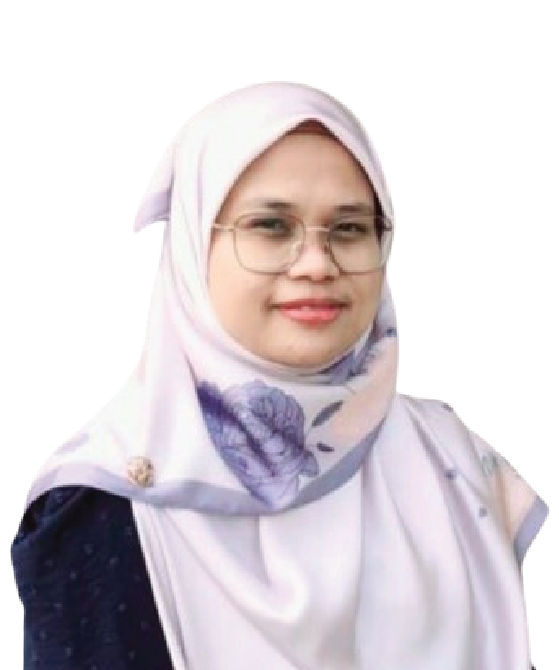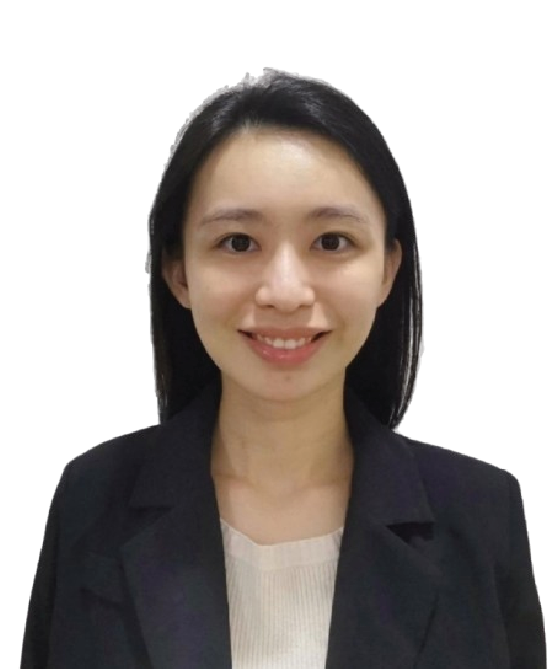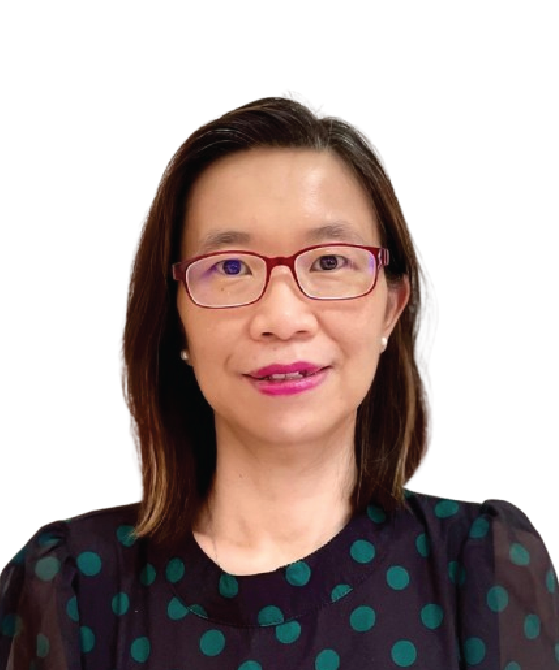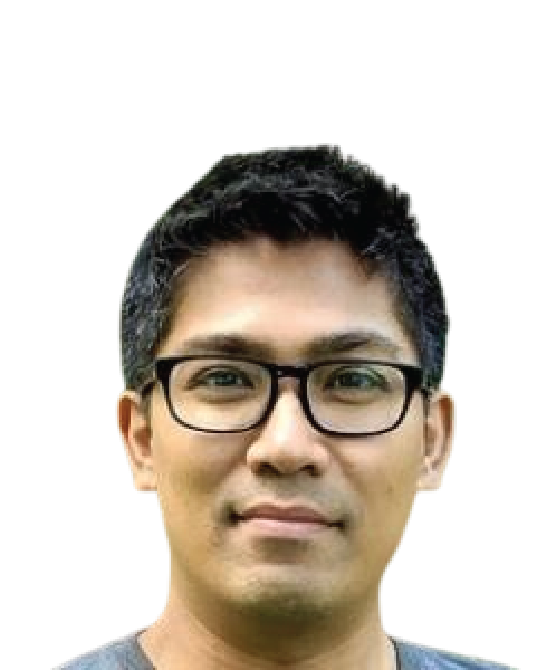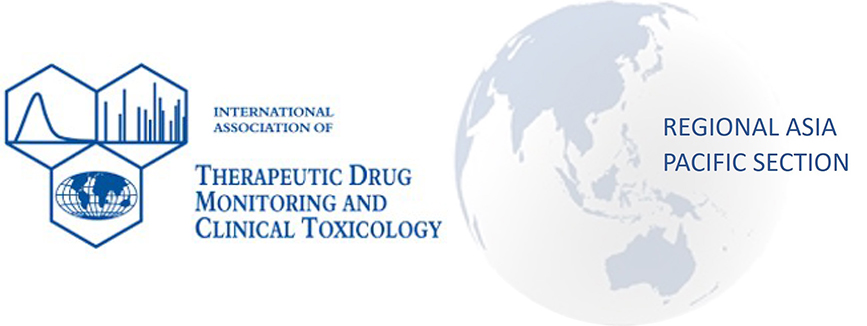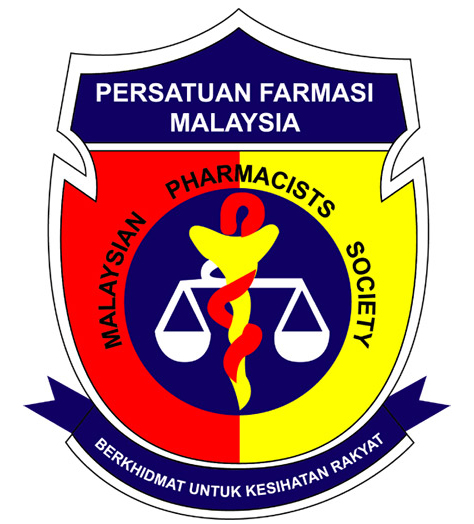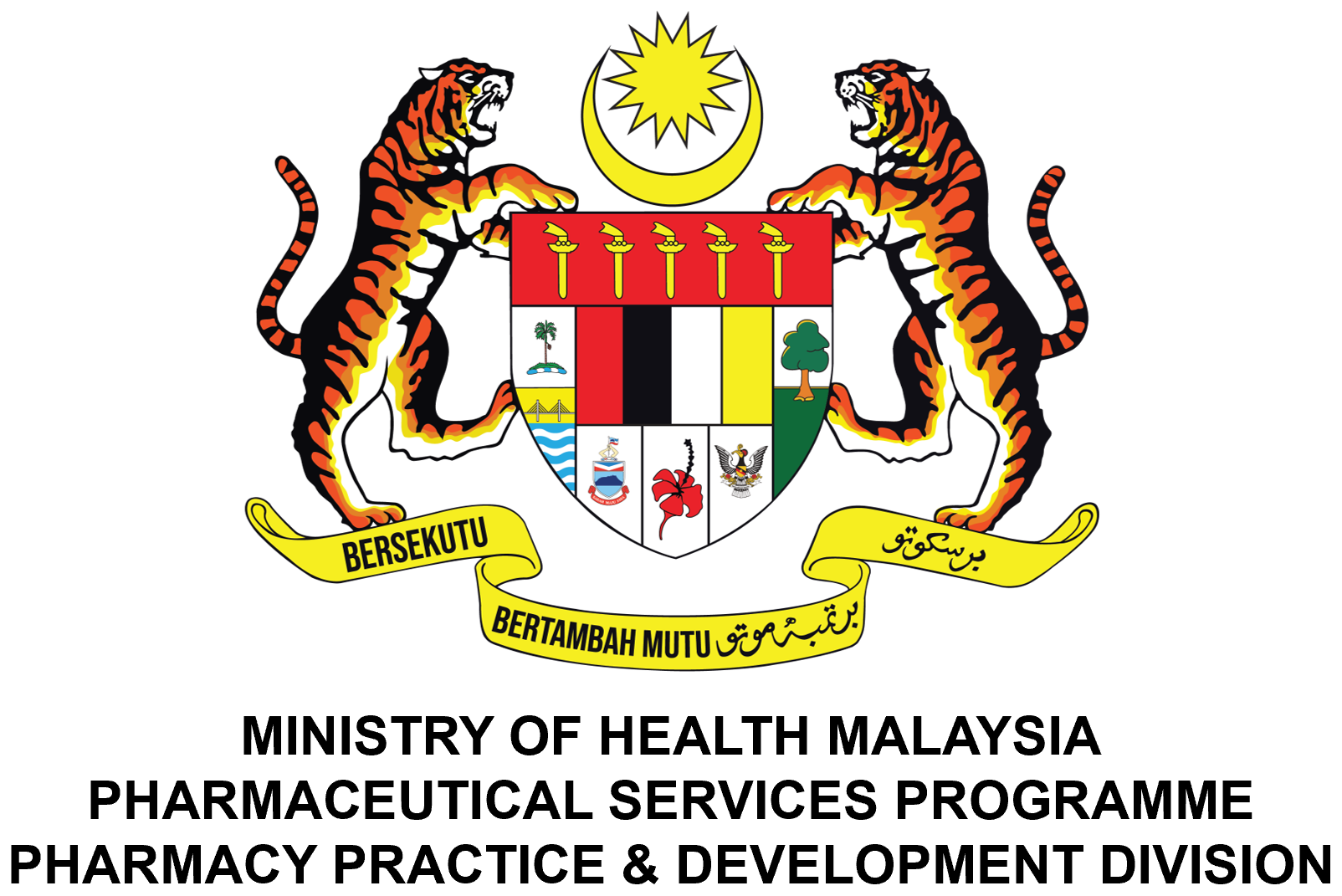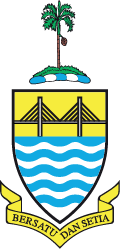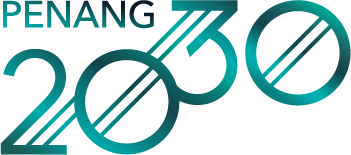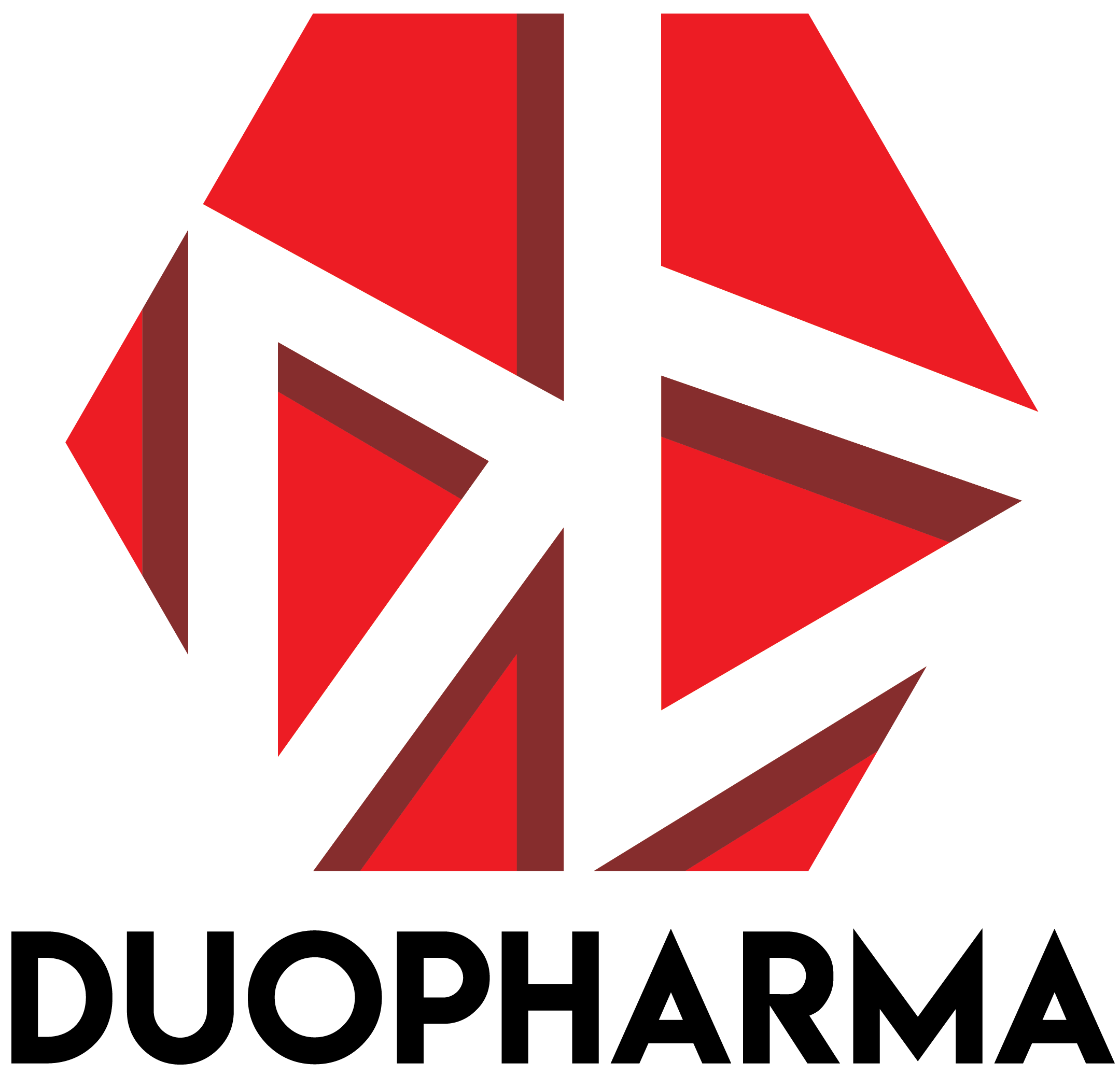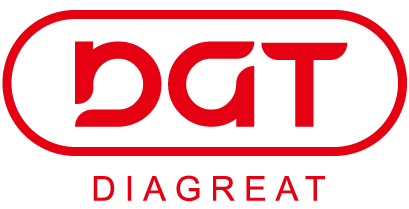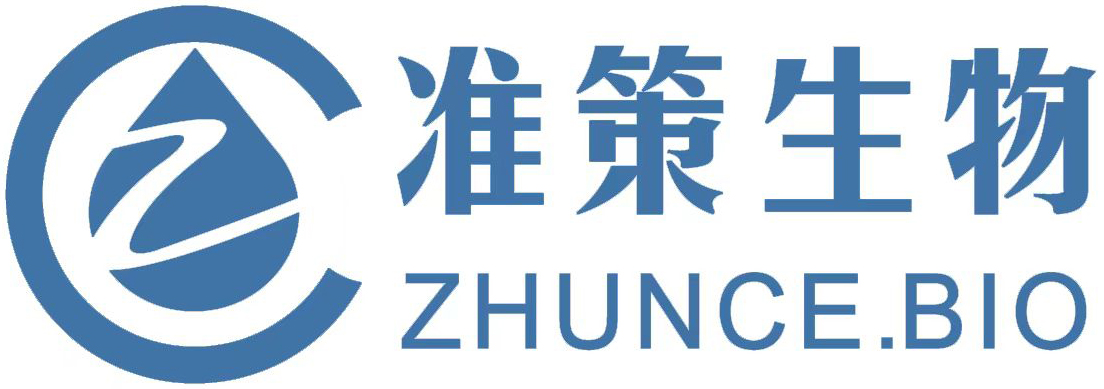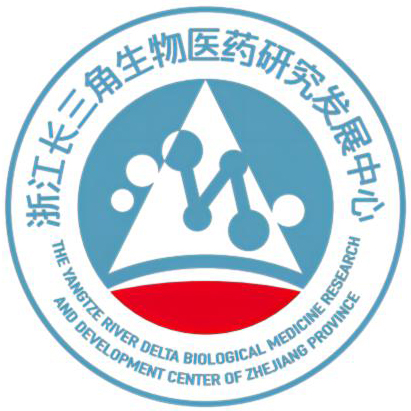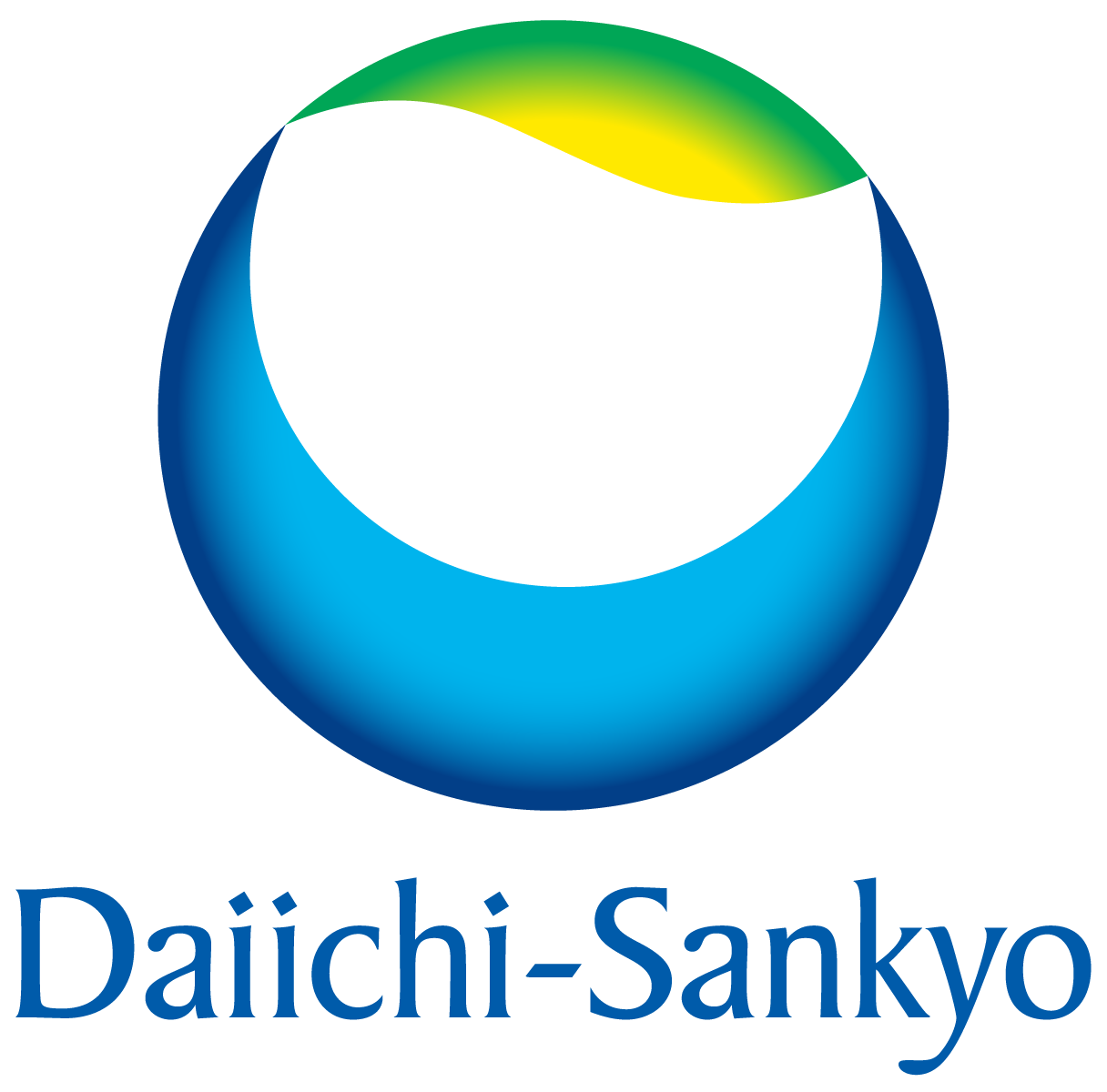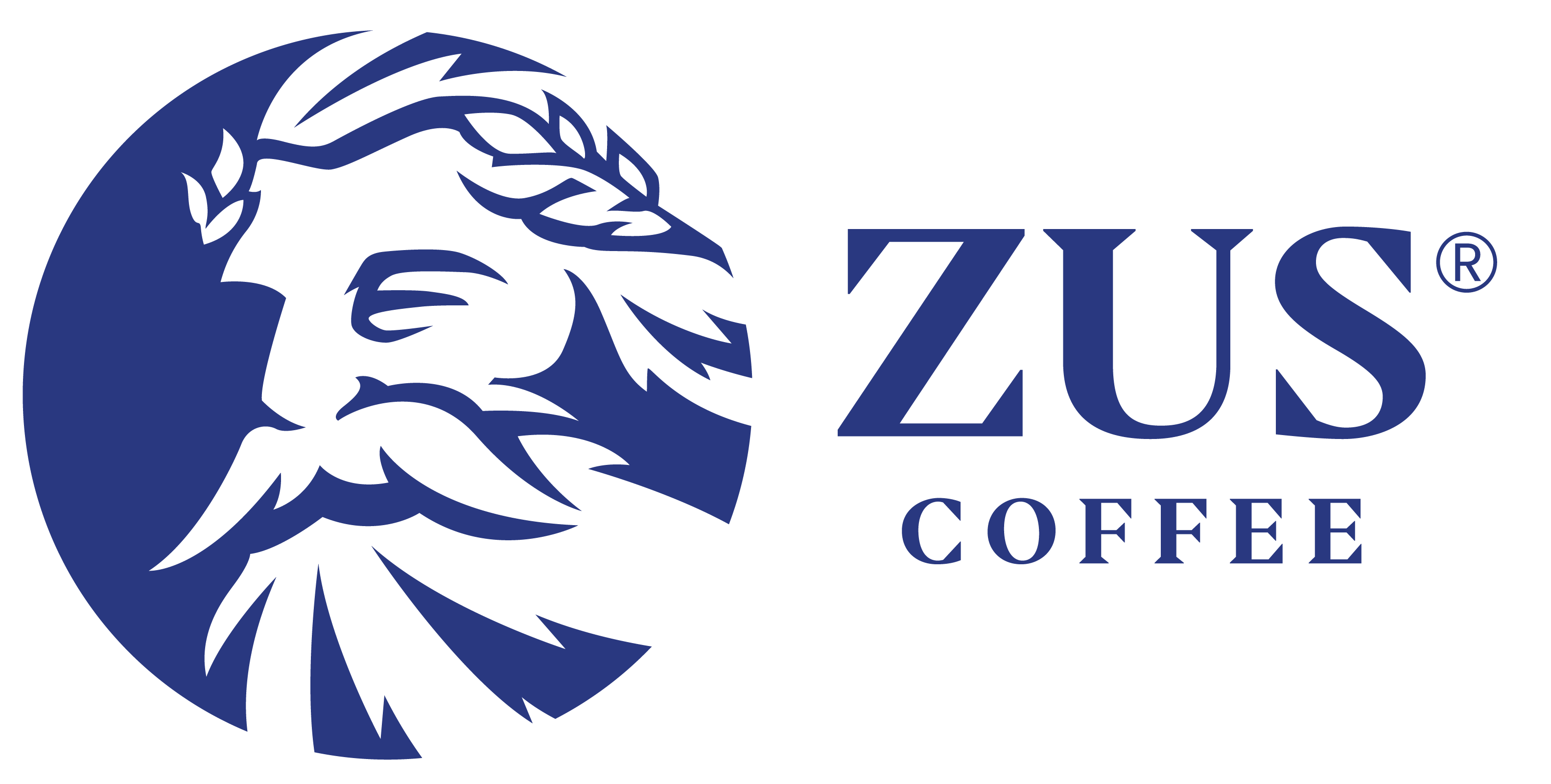International Association of Therapeutic Drug Monitoring & Clinical Toxicology
Regional Asia-Pacific Section Conference 2025
By RAPTDM 2025
AboutAbout Event
Welcome to the RAPTDM 2025 Conference!
On behalf of the International Association of Therapeutic Drug Monitoring and Clinical Toxicology (IATDMCT) Regional Asia-Pacific Section (RAPS), we are delighted to welcome you to the first IATDMCT RAPS 2025 Conference (RAPTDM 2025), co-organised with the Malaysian Pharmacists Society (MPS), and in collaboration with the Pharmacy Practice & Development Division, Pharmaceutical Services Programme (PSP), Ministry of Health Malaysia (MOH).
Join us on 7–8 April 2025 at the Eastin Hotel, Penang, Malaysia, as we bring together experts, practitioners, and researchers in the field of therapeutic drug monitoring (TDM) and clinical toxicology (CT). This event promises to provide an exciting platform for knowledge sharing, collaborative research, and the exploration of cutting-edge protocols and assays.
Malaysia has been selected as the inaugural venue for the conference due to its strategic central location within the Asia-Pacific region. Hosted in the dynamic city of Penang, a vibrant hub of innovation and culture, this event will serve as a pivotal platform for healthcare professionals, researchers, academicians, and industry leaders to connect, collaborate, and advance the field of TDM & CT.
The RAPTDM 2025 Conference aims to enhance the quality and effectiveness of TDM services not only in Malaysia but across the Asia-Pacific region. Together, we strive to expand the scope and impact of TDM to improve patient care and therapeutic outcomes.
We look forward to welcoming you to this impactful and enriching event in the captivating city of Penang!
Selamat datang ke Pulau Pinang!
Best Regards,
Professor Deborah JE Marriott
Chairperson of the Regional Asia-Pacific Section, International Association of Therapeutic Drug Monitoring and Clinical Toxicology
Honorary Professor Amrahi Buang
President of the Malaysian Pharmacists Society
Mdm Norhaliza binti A Halim
Deputy Director General of Health (Pharmaceutical Services) Ministry of Health Malaysia
The International Association of Therapeutic Drug Monitoring and Clinical Toxicology (IATDMCT) is a global organisation founded by a dedicated group of scientists and physicians to promote TDM and clinical toxicology worldwide. As the only society focused on advancing these fields on a global scale, IATDMCT plays a pivotal role in fostering innovation and collaboration. Through its Regional Asia-Pacific Section (RAPS), the association addresses the region's unique challenges and opportunities, with a particular emphasis on empowering young professionals to enhance their knowledge and skills, inspiring them to become future leaders in the field.
The Malaysian Pharmacists Society (MPS), founded in 1967, is the national professional body for pharmacists in Malaysia. Dedicated to upholding the honour and advancing the interests of the pharmacy profession, MPS champions excellence in pharmacy practice. The society actively advocates for the development and enhancement of healthcare services and policies, contributing to the overall improvement of Malaysia's healthcare system.
The Pharmaceutical Services Programme (PSP) is responsible for ensuring that the public gets access to safe, efficacious and quality pharmaceutical products, protecting their interests via enforcement of relevant legislations, and ensuring rational use of medicines by both healthcare providers and patients. Pharmacy Practice & Development Division is one of the four divisions under Pharmacy Services Programme, with the objective of enhancing pharmaceutical care services in line with good standards and best practices. To further strengthen pharmaceutical care, the Clinical Pharmacy Working Committee (Clinical Pharmacokinetics Subspecialty) was established. This committee comprises pharmacists experienced in TDM, who are involved in planning and improving pharmaceutical care activities in MOH facilities as well as ensuring service delivery aligns with current developments.
Programme
Speakers
Prof Jan-Willem began his career as a pharmacist at the University Medical Center Groningen, Netherlands. As a pharmacist and clinical pharmacologist, he is now the Chair of Clinical Pharmacy at the University of Sydney and Westmead Hospital (WSLHD). His research specialises in PK/PD of antimicrobials, focusing on personalised dosing for tuberculosis and fungal infections, using dried blood spot and saliva sampling. He also leads AMR and novel therapies at the Sydney Infectious Disease Institute.
Prof Deborah is a senior specialist in Clinical Microbiology and Infectious Diseases at St. Vincent’s Hospital, Sydney, with conjoint and adjunct professorships at UNSW and UTS. Since 1995, she has led numerous clinical trials and research projects. With 40 years of expertise in teaching, research, publications, and grant acquisition, she specialises in microbiology, pathology, clinical treatment, and TDM in infectious diseases.
Dr Mo Yin is the Deputy Director of the ADVANCE-ID clinical trial network and an Infectious Diseases physician at the National University Hospital in Singapore. She leads the REGARD-VAP and ACORN-HAI studies, focusing on antibiotic resistance. With extensive experience in multinational clinical trials, Dr Mo Yin aims to improve patient outcomes and influence global healthcare policies. She obtained her MBBS from the National University of Singapore and DPhil from the University of Oxford.
Prof Graham Jones is a Chemical Pathologist at SydPath, St Vincent's Hospital, Sydney, and a conjoint Professor at the University of New South Wales. He is involved nationally and internationally in areas such as traceability of lab results, external quality assurance, kidney disease testing, diabetes diagnosis, therapeutic drug monitoring, common reference intervals, and lab reporting harmonisation. He is also active in teaching and research, with over 100 peer-reviewed papers.
Mr Taimoor is a forensic expert and Sr. Pharmacist (Forensic Toxicology) at the Ministry of Defence, Oman. With over a decade of experience, he specialises in forensic toxicology and drug chemistry. As a member of international forums such as RAPS, Mr Taimoor is skilled in analysing biological specimens to determine cause of death, method development, validation, and ISO standards implementation. He contributed to Oman's national antimicrobial guidelines by improving the TDM chapter and overseeing the TDM service.
Dr George T John is a Renal Senior Consultant at Royal Brisbane & Women’s Hospital, Australia, and an Adjunct Professor of Nephrology at Christian Medical College, Vellore, India. His research focuses on renal transplantation and immunosuppressants. Dr George has co-authored a vast number of publications and books on kidney transplantation and is affiliated with the University of Queensland and various International Nephrology and Transplantation societies.
Dr Cindy is the Antimicrobial Stewardship Pharmacist at St Vincent’s Hospital in Sydney, Australia. She completed her PhD in antimicrobial therapeutic drug monitoring and toxicity in University of Sydney. Her professional interests include the clinical implementation of antimicrobial therapeutic drug monitoring and optimising treatment for infections in immunocompromised patients.
Dr Jana Stojanova is a clinical pharmacist and research scientist with extensive international experience across Australia, France, and Chile. Currently serving as Senior Scientist at St Vincent's Hospital Sydney and Senior Lecturer at UNSW, she specialises in optimising medicine use through clinical pharmacology, therapeutic drug monitoring, and pharmacogenomics. Dr Stojanova is co-chair of the upcoming IATDMCT Singapore 2025 congress.
Prof Sumith K. Mathew is a clinical pharmacologist at Believers Church Medical College in Thiruvalla, Kerala. With over 10 years of experience in TDM, he has developed expertise in Analytical Chemistry, Pharmacometrics, Model-informed Precision Dosing, and alternative sampling techniques. He currently serves as the Vice Chair of the Regional Asia Pacific Section of IATDMCT. Prof Sumith has contributed extensively to research and publications on antimicrobial dosing regimens, as well as analytical methods for antineoplastics and immunosuppressants.
Dr Suzana Mustafa is a clinical pharmacist at HRPZ II, Malaysia, and an IATDMCT member since 2015. She helps advancing pharmacokinetics and precision medicine in Malaysia, serving as Chairperson of the Clinical Pharmacy Working Committee (CPS), Head of the Task Force on Precision Medicine and Genomic ADR, and MyACPP preceptor. Her research and publication contributions were recognised with the Research Mentors Award at the 12th National Pharmacy R&D Conference 2024.
Dr Nathalie Chua is a Specialist Pharmacist in Infectious Diseases at Singapore General Hospital, co-leading antimicrobial TDM with novel therapeutic strategies for difficult-to-treat infections. Her research focuses on PK/PD, TDM, and antimicrobial resistance. She leads the beta-lactam TDM study in Singapore General Hospital, with publications in renowned journals. Dr Chua also leads antiretroviral stewardship service, teaches infectious diseases for pharmacy residents and the PharmD programme. She contributes to national guidelines for surgical antibiotic prophylaxis and HIV management in Singapore.
Assoc Prof Dr Vu Dinh Hoa is Deputy Director of the Vietnam National Drug Information and Adverse Drug Event Monitoring Center, a lecturer at Hanoi University of Pharmacy, and an adjunct researcher at Vietnam National Children’s Hospital. His research focuses on optimising antimicrobial use based on PK/PD, dried blood spots and TDM for antituberculosis drugs. He supervises TDM teams for vancomycin and amikacin and leads research on Model Informed Precision Dosing (SmartDoseAI®) for vancomycin. He collaborates with intensivists and pediatricians to guide antimicrobial treatment for critically ill patients, neonates, and those on Renal Replacement Therapy.
Prof Yu Yuetian is a Chief Physician at Renji Hospital and has nearly twenty years of experience in critical care. He leads the Key Laboratory of Multiple Organ Failure in Hangzhou and the Key Laboratory of Intelligent Pharmacy and Individualised Therapy in Huzhou. His research interests include the treatment of sepsis in critically ill patients, with a particular focus on TDM, invasive fungal infections, mechanical ventilation, bronchoscopy, and data mining.
Mr Lin Bin, Director of Clinical Pharmacy at Changxing People's Hospital, is a critical care pharmacist specialising in therapeutic drug monitoring. He leads clinical practice and research at the Key Laboratory of Intelligent Pharmacy and Individualised Therapy of Huzhou. His work focuses on individualised antibiotic therapy in critically ill patients. As a committee member of IATDMCT’s Asia-Pacific Section (RAPS), he promotes international collaboration in TDM between China and the Asia-Pacific countries.
Assoc Prof Dr Ryota Tanaka is an Associate Professor & Deputy Director at the Department of Clinical Pharmacy, Oita University Hospital, Japan. He earned his Ph.D. from Kumamoto University in Japan in 2014. He contributes to antimicrobial stewardship by providing novel evidence for antimicrobial TDM. His research focuses on PK/PD modelling and simulation to optimise dosing in special populations. He received the Best TDM Poster Presentation Award at the 2024 IATDMCT Banff Congress.
Prof Dr Rovina Ruslami is an internal medicine specialist and clinical pharmacologist by training at the Faculty of Medicine, Universitas Padjadjaran, Bandung, and Hasan Sadikin Teaching Hospital. Her research focuses on tuberculosis pharmacotherapy. She is dedicated to establishing TDM services in Indonesia, recognising TDM as essential for improving better patient care.
Assoc Prof Dr Shu-Wen "Wendy" Lin, PharmD, MSc, is Director of Pharmacy at NTU Cancer Center, Taipei. Her expertise includes TDM and precision medicine for antimicrobials and cancer therapy. She has received multiple honours, including Teaching Excellence Awards and the Ching-Kang Foundation Junior Faculty Award. Dr Lin holds affiliations with IATDMCT, ACCP, and Taiwan professional societies. She has co-authored international articles and contributed to TDM programmes for new antibacterial and antifungal agents in Taiwan.
Assist Prof Dr Denpong from Khon Kaen University, Thailand, specialises in TDM, Clinical Pharmacokinetics, Pharmacotherapy, and Clinical Pharmacology. His research focuses on Vancomycin TDM in end-stage renal disease, high-dose Methotrexate TDM for osteosarcoma, Levetiracetam analytical methods, and augmented renal clearance. His research and publications highlight his dedication to advancing TDM and optimising pharmacotherapy for various patient populations.
Mr Mohammed Issa is a Clinical Pharmacist Consultant specialising in infectious diseases and antimicrobial stewardship at the Australian and New Zealand College of Advanced Pharmacy (ANZCAP).His multifaceted practice spans educational and clinical roles, with a focus on tuberculosis management. His current clinical interests include the application of anti-infective PK/PD in high-risk populations and the evolving treatment landscape of mycobacterial infections.
Dr Blessed Winston Arul Dhas is a clinical pharmacologist and pharmacometrician with expertise in population pharmacokinetic and PKPD modelling of methadone, oxycodone, buprenorphine, and antimicrobials, especially in paediatric, surgical pain management, and critical care. He is passionate in implementing model-informed precision dosing in clinical practice. His contributions in teaching, research, and publications have earned him the Dr Paul Stephen Memorial Award and the SENATUS Award.
Prof Stephanie Reuter Lange is a Professor in Clinical Pharmacology. Her research bridges industry and clinical practice, and broadly focuses on using pharmacological principles to optimise medicine use. She collaborates with pharmaceutical companies, regulatory agencies, and clinicians to develop new drug entities and improve existing therapies for better patient care. Her work focuses on translating foundational science into clinical practice, serving as a conduit between science, policy, and the clinic.
Dr Jefman is a medical doctor and clinical pharmacology specialist at Premier Hospital and Universitas Surabaya Teaching Hospital in Surabaya, where he also works as a lecturer. He currently serves as the Chairperson of the Indonesian Association of Clinical Pharmacology Specialists (PERDAFKI). Additionally, he is a committee member of the IATDMCT Asia-Pacific Regional Section. He is passionate about establishing TDM services in Indonesia.
Mr Choki Dorji is the only clinical pharmacist to lead TDM and Pharmacovigilance services in Bhutan. He previously worked at Jigme Dorji Wangchuck National Referral Hospital and holds an MSc in Clinical Pharmacy from Mahidol University. Currently pursuing a PhD in pharmacogenomics, his dedication and significant contributions to Bhutan’s Ministry of Health have earned him the prestigious Druk Thuksey Medal Pins Award.
Dr Kazutaka Oda, a pharmacist at Kumamoto University Hospital, specialises in antimicrobial TDM with a focus on Vancomycin and Meropenem for CRRT using model-informed precision dosing. He also contributes to the Japanese antimicrobial TDM guidelines. He developed a web application for AUC-guided Vancomycin dosing using Bayesian forecasting and the LM1010 TDM device for clinical use in Japan.
Dr Sabariah Noor is a pharmacometrician specialises in population PK/PD, disease progression modelling, time-to-event analysis, and simulation approaches in non-communicable and infectious diseases. She founded the S&S Pharmacometrics Research Cluster @ USM, aiming to integrate pharmacometrics as a key component of precision medicine into clinical practice in Malaysia. Dr Sabariah is also actively involved in professional organisations and editorial boards, and receiving multiple awards for her contributions to pharmacy education innovation.
Ms Yew Jie Min is a pharmacist with over a decade of experience in hospital pharmacy services. She currently serves in the Clinical Pharmacokinetics Unit of the Pharmacy Department at Hospital Kuala Lumpur. Specialising in Therapeutic Drug Monitoring (TDM), she focuses on optimising medication dosing, monitoring drug levels, and ensuring safe, effective drug therapy to enhance patient outcomes.
Dr Low Lee Lee is Head of the Medical Department at Hospital Sultanah Bahiyah, Kedah, Malaysia. She also leads the Infectious Disease Unit in Kedah State and coordinates the State Infection Control and AMS committees. Dr Low is affiliated with Asia Fungal Working Group (AFWG), Malaysian Society of HIV Medicine (MAHSM), Malaysian Society of Infectious Disease and Chemotherapy (MSIDC), and Malaysian Society of Infection Control and Infectious Diseases (MyICID). She has contributed to multiple national guidelines, research and publications on antimicrobial and antiretroviral treatment.
Dr Mohd Hafiz is an Early Career Research Fellow and Clinical Research Pharmacist at UQCCR, Australia. He currently leads the Clinical Dosing Studies and Knowledge Translation Workstream within the Antimicrobial Optimisation Group and the CRE RESPOND. His research focuses on developing innovative methods to optimise antimicrobial dosing in the ICU. Over the past five years, he has worked closely with Malaysian investigators and academic institutions on eight multi-national antimicrobial pharmacokinetic studies, including ASAP ECMO, BLING 3, BLING 3 PK/PD, and PNEUDOS.
Abstract Submission
The IATDMCT RAPS 2025 Conference (RAPTDM 2025) Organising Committee invites abstract submissions for oral and poster presentations on topics related to therapeutic drug monitoring and clinical toxicology at the first IATDMCT RAPS 2025 Conference (RAPTDM 2025).
Abstracts should provide sufficient data to enable the reader to understand the following:
- The background of the study
- The objective(s) of the study
- The methods used in the study
- The results of the study
- The conclusions drawn from the study
Please read all instructions carefully before preparing your abstract.
- All abstracts must adhere to the guidelines. Please click to download the Abstract Submission Guidelines.
- All abstracts must be received by 7 March 2025. Abstracts received after the deadline will not be considered.
- All abstracts must be submitted online via the Delegate Registration portal only. Abstracts submitted by email will not be accepted.
- All presenters are required to register for the conference and must pay the appropriate registration fee. If the abstract is not accepted and the presenter wishes to cancel the conference registration, please write in to [email protected]. Refund of the registration fee will be within 30 days after the end of conference.
- All submitted abstracts will undergo anonymous peer review to decide on appropriateness for the conference by at least two reviewers. Acceptance notifications will be sent via email by 14 March 2025.
- All presenters are encouraged to submit the abstracts early as the abstracts will be reviewed as soon as they are submitted. Acceptance notification will be sent out earlier if abstracts are accepted.
- The softcopy of posters must be submitted for printing (if onsite printing is required) by 24 March 2025.
- The oral presenters must be submit presentation by 31 March 2025.
Getting Around
The RAPTDM 2025 Conference is being held in the little island of Penang.
Penang is a stunning UNESCO World Heritage Site famed for its living cultural heritage existing in the midst of urban developments. It is a metropolitan city that is not short of natural treasures such as beach enclaves, virgin rainforests and beautiful hills.
Its history as an economic hub for the northern end of the Straits of Malacca, a centre for modernising tendencies in the region, and the place of origin for many newspapers, publishing houses and schools, is easily felt in its street life, its architecture, its friendly people and its cuisines. George Town, with its multicultural, multi-ethnic, and multi-racial yet harmonious society, is a testament to the beauty of unity in diversity, thriving precisely because of its rich variety.
Hotel SPICE Amari
Frequently Asked Questions (FAQ)
1. Who is eligible to attend RAPTDM 2025?
RAPTDM 2025 is open to healthcare professionals, researchers, academicians and industry leaders interested in Therapeutic Drug Monitoring (TDM), Clinical Toxicology, Pharmacometrics, and other related fields. Please note that registration is reserved for professionals only; individuals under 18 years of age are not permitted to attend.
2. What is the official language of the conference?
The official language of RAPTDM 2025 is English. All sessions and materials will be presented in English.
3. Will there be opportunities for networking during the conference?
Yes, RAPTDM 2025 offers multiple networking opportunities, including scheduled breaks and social events designed to facilitate collaboration and knowledge exchange among participants.
4. How can I stay updated on any changes or announcements regarding the conference? To receive the latest updates and announcements about RAPTDM 2025, please visit https://raptdm.iatdmct.org.
5. What is the dress code for the conference?
The dress code for RAPTDM 2025 is business casual. Formal attire is recommended for the opening ceremony and gala dinner.
6. Will there be a virtual or hybrid option for the conference?
No, RAPTDM 2025 will be held exclusively as an in-person event. Virtual attendance is not available.
7. Can I bring an accompanying person to the conference?
Registered participants may bring an accompanying person; however, they must be registered separately and will not have access to scientific sessions unless specified under an official registration category.
1.How do I register for the event?
- Step 1 : Please click on "Delegate Registration"
- Step 2 : Fill in all the required fields in the registration form.
- Step 3 : Proceed to the payment page and make the payment.
- Step 4 : Return to the registration page to upload your payment proof.
- Step 5 : Click the "Submit" button to finalise your registration.
- Step 6 : Once completed, you will receive an official confirmation email for your registration, in addition to the payment receipt from iPay88.
Please click on the Registration Guide to view the registration steps.
2. How can I confirm if my registration has been submitted successfully?
- Fill in all the required fields in the registration form.
- Proceed to the payment page and make the payment.
- Return to the registration page to upload your payment proof.
- Click the "Submit" button to finalise your registration.
- Once completed, you will receive an official confirmation email for your registration, in addition to the payment receipt from iPay88.
3. What are the different registration types and how do I proceed with payment?
Individual Participant: Please register through the conference website, except for payments made via LPO.
Group Registration (Minimum 5 participants): Regardless of payment method, please email [email protected] for assistance with the registration process.
Other registration types:
● LPO (Local Purchase Order): If you are registering through LPO, please email [email protected] for further instructions and necessary documentation.
● HRDF (Human Resource Development Fund): If you are applying for HRDF claimable registration, please email [email protected] to obtain the required documents and guidelines for submission.
● LOU (Letter of Undertaking): If you are registering through LOU, please complete your registration directly via the website: https://raptdm.iatdmct.org/ and follow the instructions provided during the checkout process.
For any additional inquiries regarding registration or payment processes, please reach out to [email protected] for further assistance.
4. Is there a special registration rate for students?
Yes, students can register at a discounted rate of MYR 350 for the 2-day conference. Please attach a valid student card for eligibility.
5. What is included in the registration fee?
The registration fee covers access to conference sessions, coffee breaks and lunch.
6. What should I do if I do not receive the official confirmation email?
Please check your spam or junk email folder. If it is not there, please contact us at [email protected].
7. How long does it take for registration confirmation if I register via LPO (Local Purchase Order) or LOU (Letter of Undertaking) ?
The process usually takes 2 to 4 weeks before the committee is able to confirm registration.
8. If I am not from Malaysia, how do I make payment?
Please click on the Step by Step Guide for making international payments.
9. Is my registration transferable if I can’t attend?
Yes, registrations are transferable. If you are unable to attend, you may transfer your registration to another eligible participant ONLY if the request is made before MYT 3rd April 2025 @11.59pm. Please contact [email protected] for further instructions.
10. What is the refund policy for cancellations?
Refunds are subject to the conference’s cancellation policy. Requests for cancellations must be made in writing before the stated deadline and administrative fees may apply. The approved refund will be processed 1 month after the event. Please refer to https://raptdm.iatdmct.org/pages/cancellation for more information.
11. How do I request for a formal invitation letter to get approval from my institution administration to attend the conference?
Please send an email request to [email protected] and cc [email protected]
1. Is RAPTDM 2025 HRDF claimable?
Yes, RAPTDM 2025 is HRDF-claimable under the SBL (Skim Bantuan Latihan) scheme. Employers registered under HRDF can apply for training grants to claim the conference fees.
2. How do I apply for HRDF funding?
Participants who wish to claim HRDF for RAPTDM 2025 will need to apply through their respective HRDF-registered employers under the SBL scheme.
3. If I chose to claim under HRDF, do I still need to pay first?
Yes, you or your company will have to pay first. Your company will then claim from HRDC after your grant is approved by HRDC.
4. What documents are required for HRDF application?
For the list of required documents, please email us at [email protected], and we will provide the necessary supporting documents.
5. Can I apply for HRDF reimbursement after attending the conference?
HRDF applications must be submitted and approved by HRDF before the training or conference takes place. We recommend applying early to ensure smooth processing.
1. Can I register without submitting an abstract?
Yes, you can register for the conference without submitting an abstract.
You can choose from the following options:
- Attend the 2-day conference only, OR
- Attend the 2-day conference + Dinner Symposium,
Please select "Delegate" under the Registration Category when registering
2. How do I submit an abstract?
- Step 1 : Please click on "Delegate Registration"
- Step 2 : Fill in all the required fields in the registration form, including the Abstract Section.
- Step 3 : Proceed to the payment page and make the payment.
- Step 4 : Return to the registration page to upload your payment proof.
- Step 5 : Click the "Submit" button to finalise your registration.
- Step 6 : Once completed, you will receive an official confirmation email for your registration, in addition to the payment receipt from iPay88.
*Please click on the Abstract Submission Guide to view the submission steps.
3. Can I submit more than one abstract?
Individuals can submit a maximum of two abstracts as first and/or presenting authors.
4. Can I make changes to my abstract after submission?
Once submitted, abstracts cannot be edited. If you need to make significant changes, please email [email protected] before the submission deadline.
1. Is there an official hotel for the conference?
The official venue and recommended hotel for the conference is Eastin Hotel, Penang. Participants are encouraged to book early to secure preferential rates.
2. Do I get a special room rate if I register for the conference?
Yes. You may click on the hotel booking link on the conference homepage (https://raptdm.iatdmct.org/)
3. Do I need a visa to attend the conference in Malaysia?
Visa requirements depend on your nationality. We recommend checking with the Malaysian Immigration Department or your local Malaysian consulate for the latest visa regulations. For more details, please visit https://www.malaysia.gov.my/portal/content/28905.
If you require a visa support letter, the conference secretariat can provide an official invitation letter upon request. The visa information link is also available on the Delegate Registration page of the conference website for easy reference.
4. Is transportation provided from the airport to the conference venue?
No, participants will need to arrange their own airport transfers. However, public transport, ride-hailing services (Grab), and hotel shuttles may be available.
1.How can my company become a sponsor or exhibitor?
Sponsorship and exhibition opportunities are available for industry partners. Please contact [email protected] to receive the sponsorship prospectus and discuss available packages.
2.What benefits do sponsors receive?
Sponsorship benefits vary based on the package selected and may include branding opportunities, booth spaces, speaking slots, and networking access with key stakeholders.
1. Will I receive a certificate of attendance?
Yes, all registered attendees will receive a certificate of attendance, which will be provided digitally after the conference upon completion of the feedback form.
2. Who can I contact for further enquiries?
For further inquiries, please email [email protected] for registration-related queries or [email protected] for general questions.We are happy to assist!

